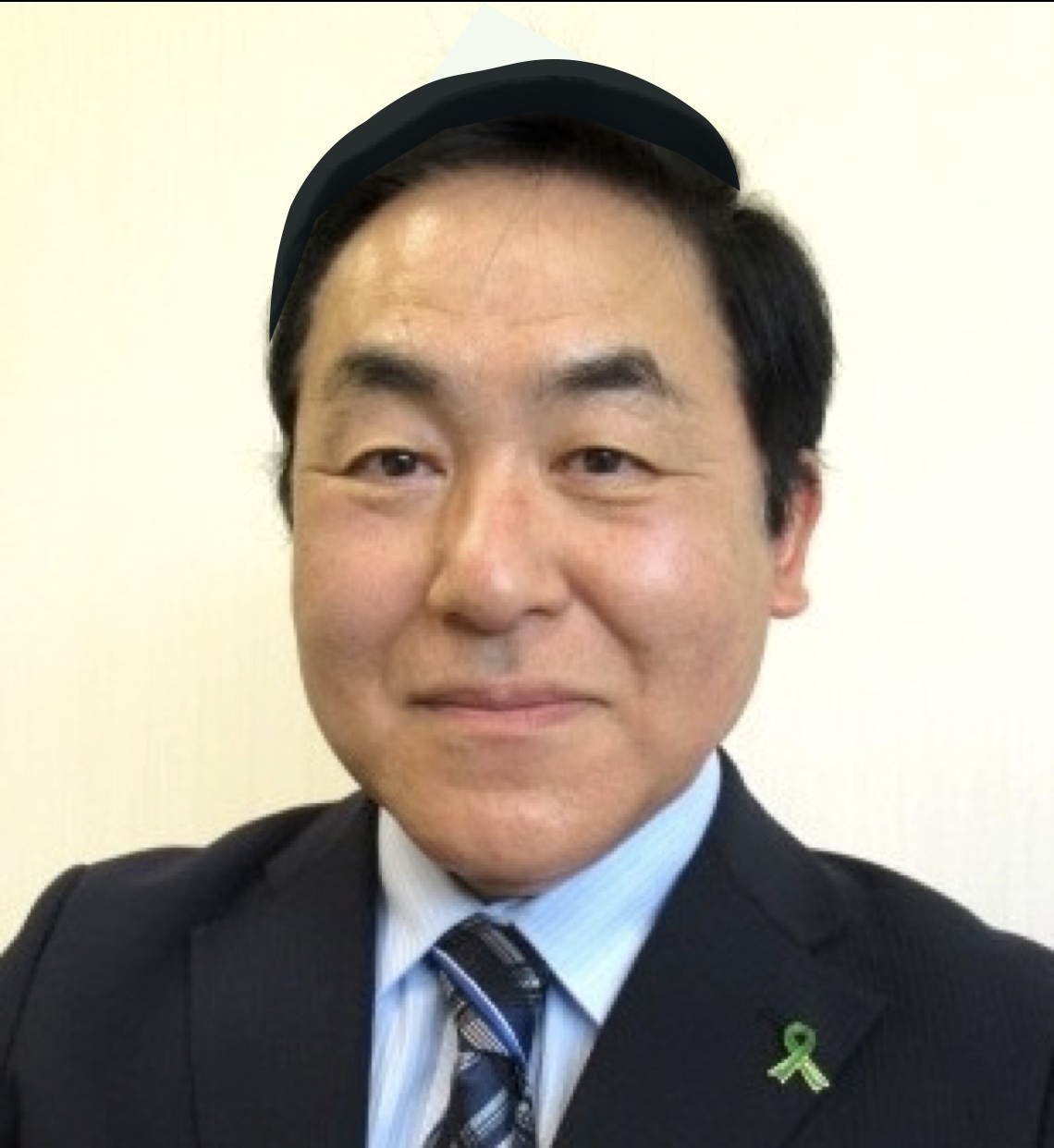
It is widely known that the PMP of deceased organ donors in Japan is positioned at the lowest in the world (~1.0). I am now a retired emergency neurosurgeon with experience of 10 DCD patients in my career and noticed many issues causing the donor shortage. Therefore, from the viewpoint of a neurosurgeon, I have been working to develop organ donation by educating medical students and enlightening the general public and emergency and transplantation societies through nearly 300 lectures. Amongst the low PMP countries in the world, including Japan, there must be common or unique factors that hamper the augment of donations. In the ISODP 2025 in Kyoto, I want to elucidate and share the negative features in Japan, especially in the DCD and opt-in policies, and discuss them with international attendees. Also, I want to discuss how to educate the medical staff and students to nurture professionalism about organ donation.
The factors hindering the development of organ donation and the desirable enlightenment for the future in Japan
Shunichi Yoshikai1.
1Neurosurgery, Kokura-Minami Medical Care Hospital, Kitakyushu, Japan
Introduction: Japan is known as a country with very few donor PMPs (fewer than 1.2 ever) over the past three decades. However, the Cabinet Office’s research indicates that over 40% of the general public is affirmative to deceased donations. Therefore, it is essential to analyze what hampers the development of organ donation in Japan.
Method: For twenty years, the author, an emergency neurosurgeon who tries to promote awareness about organ donation, has given over three hundred lectures to medical university students, the general public, and emergency and transplant medical personnel. Through these activities, the author has observed and analyzed the reasons for the scarcity of deceased organ donors in Japan.
Results:
1. Dark History: Media coverage has created significant unrest and fostered distrust regarding transplantation medicine and the definition of brain death among the general public since the failure of the first heart transplantation in 1968 and throughout subsequent turning points. Also, Japanese individuals often perceive the proactive promotion of donations as coercive. These distrusts persist today, even within medical societies in Japan.
2. Passivity in participation: In Japan, brain death is not generally considered a person’s death. Therefore, the initial step of donation participation relies on ER doctors' subjectivity. A doctor who personally opposes donation can easily evade it. More than 800 of the 900 authorized DBD institutions do not participate.
3. Professionalism in engagement: ER personnel’s primary policy in the donation process is to honor the donor’s wishes, and they are unaware of the recipients' presence. This situation arises from a deficit in proper medical education.
4. Japanese individuals often view the proactive promotion of donations as coercive. This distrust continues today, even within Japanese medical societies. Consequently, neither academic institutions in transplantation medicine nor the government can actively engage in awareness activities for donation.
5. Who coaches Japan, and how? Japan seeks to learn about organ donation from the world's most developed countries, but its goals may be too ambitious. Japan has not referred to the methods used by countries with PMP10 or similar.
Conclusion: Japan has failed to show best practices in organ donation. The stagnation of organ donation in Japan can be attributed to the influence of a dark history, social characteristics, and a lack of proactive awareness-raising in medical societies. Obviously, organ donation is one of the medical procedures in transplantation medicine. We must teach emergency personnel that saving unknown recipients awaiting organs is a fundamental mission for medical professionals and encourage their positive attitudes.
[1] organ donation
[2] enlightenment
[3] education
[4] media
[5] brain death
[6] professionalism
[7] passivity
[8] social characteristics